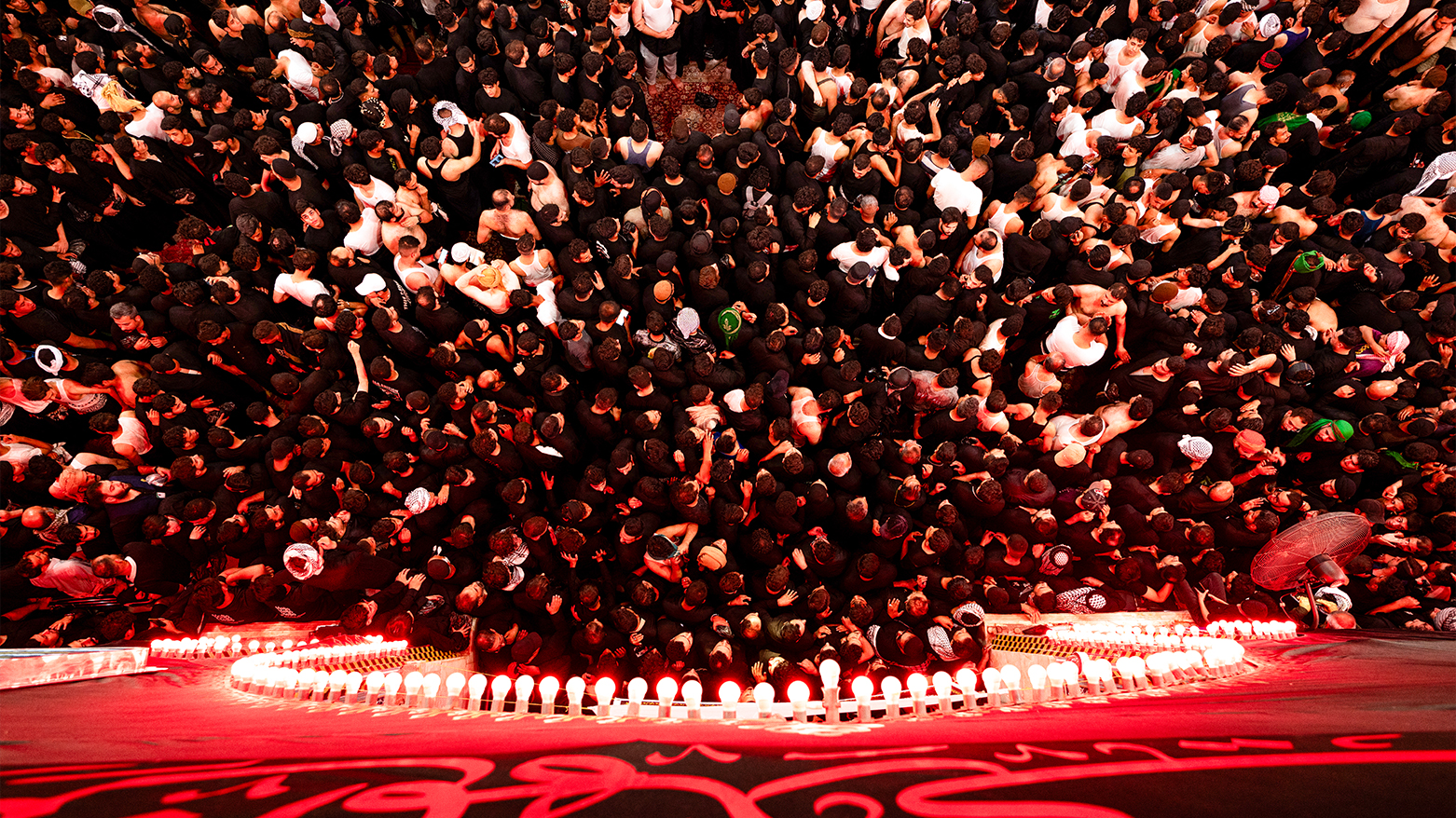Najaf Governor: Over 17 Million Pilgrims Participated in Arbaeen Commemoration
Najaf's Governor announced over 17 million pilgrims participated in the Arbaeen commemoration, deeming the event a success. Billions of free meals and drinks were provided to participants during the massive religious gathering, one of the largest in the world.

ERBIL (Kurdistan24) – The Governor of Najaf has announced that more than 17 million pilgrims have come to the city to participate in the Arbaeen commemoration of Imam Hussein, declaring the immense logistical and security plan for the event a success that concluded without any problems.
In a press conference held on Saturday, Najaf Governor Youssef Kanawi presented statistics and an overview of the activities related to the Arbaeen pilgrimage.
According to the governor, the ceremony was conducted in a "very orderly manner" and was secured by a network of surveillance cameras installed throughout the city to ensure the safety of the millions of participants.
The successful management of one of the world's largest annual religious gatherings highlights a massive coordination effort involving security, services, and volunteer work.
In conjunction with the governor's announcement, the Najaf Center for Strategic Studies published preliminary statistics that shed light on the staggering scale of the services provided to the pilgrims.
According to the center's report, more than three billion and 798 million cups of drinking water were distributed, which averages out to approximately 45 cups per pilgrim each day.
This figure does not include the large additional amounts of water used for preparing food and for cleaning purposes. In a separate report, the center also revealed that volunteers and service providers distributed over 422 million meals, amounting to an average of approximately five main meals per pilgrim daily.
In Shiite Islam, Arbaeen commemorates the fortieth day following Ashura, the solemn anniversary of the martyrdom of Husayn ibn Ali, the grandson of the Prophet Muhammad and the third Shiite Imam.
Imam Hussein and his companions were martyred in the Battle of Karbala in the year 680 AD. Annually, this commemoration draws millions of Shiite Muslims, as well as followers of other religions and sects, from all over the world to Iraq.
A central feature of the pilgrimage is the long journey many participants make on foot, particularly the approximately 80-kilometer trek from the city of Najaf, home to the shrine of Imam Ali, to the city of Karbala, where the shrine of Imam Hussein is located.
During the era of Saddam Hussein's regime, the public performance of this ceremony was forbidden.
However, since 2003, participation has grown exponentially, increasing from an estimated two million people to more than twenty million in recent years.
To support this massive movement of people, thousands of tents and service centers, known as "mawkib," are set up by volunteers along the road between Najaf and Karbala, offering food, drinks, resting places, and medical services to the pilgrims entirely for free.
